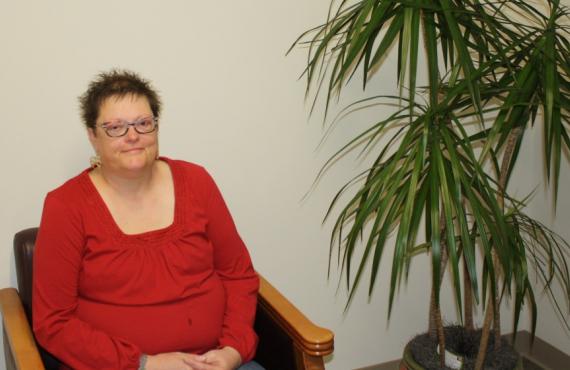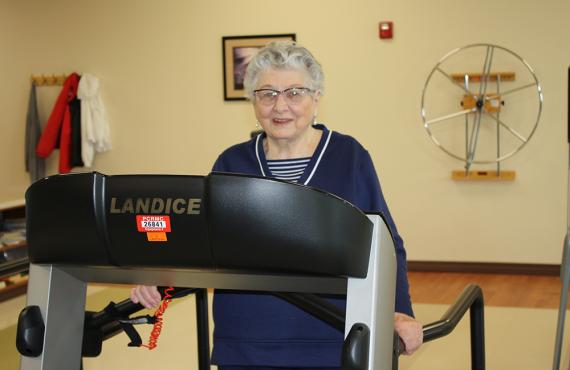Published on June 7, 2023

Read Time: 3 Minutes
Three Things to Know
- The prostate can enlarge as men age, leading to health problems such as difficulty urinating.
- Symptoms of an enlarged prostate include frequent urination, urgency to urinate, incomplete emptying of the bladder, weak urinary stream and straining to urinate.
- Risk factors for an enlarged prostate include age, family history, obesity, being overweight, erectile dysfunction and certain dietary choices.
By Joel Leon Becerril, MD
Phelps Health
Did you know? As men age, their prostate can grow from the size of a walnut to the size of a lemon?
In fact, about half of all men over age 50 have an enlarged prostate. The prostate is a gland located in front of the rectum and under the bladder that makes prostatic fluid that becomes part of semen.
The reasons are unclear as to why your prostate gets bigger over time. However, the male hormone dihydrotestosterone, which can stimulate the growth of prostate tissue, may be a contributing factor.

An enlarged prostate can lead to health problems in men, including trouble urinating. Common signs of an enlarged prostate can include the following:
- Frequent urination, especially at night
- Urgent need to urinate
- Not completely emptying your bladder
- Weak urinary stream
- Straining to urinate
While these symptoms may indicate a problem with your prostate, an enlarged prostate doesn’t always mean you have prostate cancer. Benign prostatic hyperplasia (BPH) and prostatitis are other causes of an enlarged prostate.
BPH is a benign (not harmful) growth of the prostate and usually affects a men’s ability to urinate.
Prostatitis (inflammation of the prostate) can be caused by an infection, stress, nerve irritation, injury or past urinary tract infections (UTIs). Signs of prostatitis may include pelvic pain, fever, painful urination, pain in the bladder, testicles or in between the testicles and anus.
Certain risk factors, like age, family history and lifestyle choices, can affect your risk for an enlarged prostate.
This condition is found more commonly if any of the following apply to you:
- You are older than 50
- Your father had BPH
- You are obese or overweight
You may be at higher risk, too, if you have erectile dysfunction (when a man can’t achieve or maintain an erection). Your diet also can play a part. Spicy or acidic food, and caffeine can affect your urination and may worsen symptoms.
If you’re having urinary tract symptoms, talk to your healthcare provider about getting your prostate checked.
Prostate concerns can be diagnosed by a digital rectal exam (DRE), a protein specific antigen (PSA) blood test or a urinalysis.
Several treatment options exist if you have an enlarged prostate. Your doctor may recommend that you make changes to your diet and avoid food and drinks that irritate your bladder, such as alcohol, carbonated drinks and chocolate.
Medicines, such as alpha blockers (which relax the muscles around the prostate) and 5-alpha-reductase inhibitors (which shrink the size of the prostate), also can help.
If dietary changes and medications don’t work, and you aren’t able to urinate or you develop UTIs or bladder stones, surgery may be necessary.
If you notice any changes in the way you urinate, you may have an enlarged prostate or another condition that, if ignored, may turn into a bigger health issue.
Problems Urinating? Talk to a Urologist
Joel Leon Becerril, MD, is a board-certified urologist at Phelps Health. To learn more about urology services at Phelps Health by calling (573) 458-3150.

